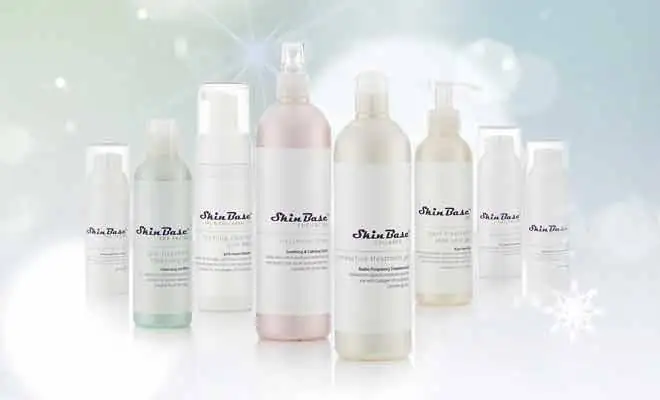Stress doesn’t just put pressure on our health, it also brings with it a multitude of skin complaints, some more serious than others. The bad news? Your anxiety might be causing wrinkles, acne and blotchy patches. You can, and must, relax. Everyday stress can play havoc with your skin, due to the release of stress hormones, including adrenaline and cortisol (known as ‘the stress hormone’), into the body.
Have a read about what you can do to alleviate stress and help your skin at the same time…
Whether it’s a looming deadline, family problems, illness or perhaps the kids are playing up just that little too much, increasingly studies show that stress—even the run-of-the-mill, day-to-day variety—can trigger or heighten skin problems, from small breakouts and inflammations to more serious, chronic conditions like psoriasis and eczema.
The science of stress and your skin
As we read over on Oprah.com, there are some real scientific reasons that your skin suffers when under pressure, namely that stress sets off several physiological reactions in the body that can affect the skin. It causes the release of hormones like cortisol that thicken hair follicle cells and increase oil production—the perfect recipe for acne. Stress can also trigger neuropeptides, chemicals unleashed from nerve endings in the skin that leave it red or itchy and encourage T cells (the skin’s infection fighters) to overreact, making the skin turn over too quickly and flake or scale. Then there are the blood vessels: Under stress, they become more reactive, either clamping shut (so skin looks pale or sallow) or opening too widely (causing the skin to flush).
Treatments for stressed skin include:
- Meditation
- Acupuncture
- Psychotherapy
- Massage
- Facials (yep, that includes regular SkinBase microdermabrasion)
All the above soothe the skin by decreasing the stress response through relaxation, and studies have shown that when people utilise stress-reduction techniques, their skin misbehaves less often. A great excuse to lie back and enjoy a facial, or hit play on your meditation app.
Physiological stress relief techniques and treatments
- Imaging
- Biofeedback
- Hypnosis
Doctors have found that our bodies are much more plugged into our heads than into reality. Imagine a door slamming, if you believe it’s the wind then you’ll likely remain relaxed… if you think it’s an intruder then you’re likely to start producing adrenaline – something not altogether great for your skin.
That’s not to say that treating skin ailments caused by stress should only use these techniques – you still need to identify if you’re producing too much oil (or too little) and use traditional skincare products, ideally organic ones – to treat the skin’s underlying state.
Additional techniques to help stressed skin:
- Exercise can help to get the blood circulating around the body, bringing fresh oxygenated blood to an area, moving lymph to detoxify the body and helping to heal the skin, resulting in a healthy glowing skin.
- Exercise also helps release endorphins in the body that can actually reduce stress.
- Eat a healthy diet of fruit and vegetables and drink a lot of water to regain control of your inner health, thereby affecting your outer skin health in a positive way.
- Swap alcohol for green, leafy veggie juices.
- Remember to chew your food well as this helps to alkalise it before you ingest it.
- Avoid taking very hot showers or baths as this can make your skin condition worse.
- Do 5mins of deep breathing exercises daily, allowing the body to take in a lot of fresh oxygen.
- Take 15mins a day to do something relaxing that you enjoy, like reading, meditation, or visual imagery.
- Get at least 8 hours sleep a night.
- Even if you don’t feel like smiling, try to manage it as often as you can…it can actually improve your mood and induce relaxation!
Do you suffer from stressed skin? Have you tried helping it through any of the above treatments?
We’d love to know what works best for you.
SkinBase
Thanks to Oprah.com and Livingnature.com for some of the information about stressed skin.
Image:istock.com/stressed

